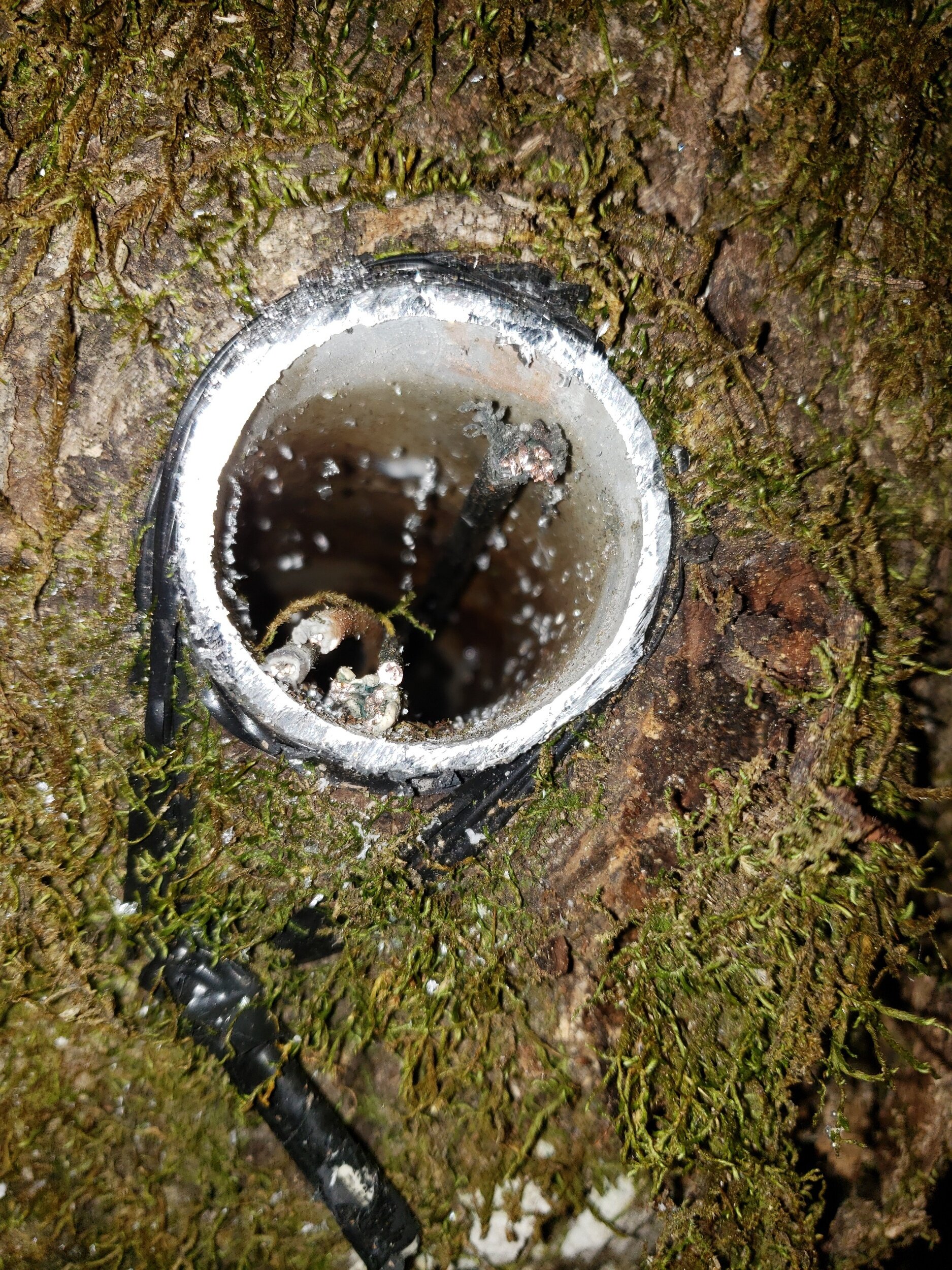They say “water and electricity don’t mix”. Whether or not that is true (it actually depends on the substances in the water), electrical hazards are certainly compounded by proximity or immersion in water.
Docks, for instance, can be especially hazardous if improperly wired and protected. Add to that a floating dock that must be adjusted up and down annually with the water level, and the risk of problems is even greater.
these types of docks are especially hazardous for two main reasons. First, because they are usually resting on large plastic or foam floats there is an increased risk for voltage difference between the metal structure of the dock and the water. The second problem (the one we are tackling here) is how the power is supplied to the dock. Electrical cords that are designed and rated for exposure to sun and water are an obvious must. Unfortunately, the right cord is not enough. Without proper attention given to the storage and attachment of the cord damage can occur and this can be life threatening.
Electrical cords feeding docks must not only be of the correct type to survive the elements they must also be protected from potential damage from the dock structure, shore structures, and trees or rocks along the water.
A constant tension cord reel is designed to alleviate this issue. While periodic inspection will still be necessary, a constant tension cord reel will ensure that the cord never gets tangled in the dock wheels, objects on shore such as rocks, or anything else that might damage the cord.
Power to a dock is nothing to cheap out on. Make sure it is done right, or not at all!






